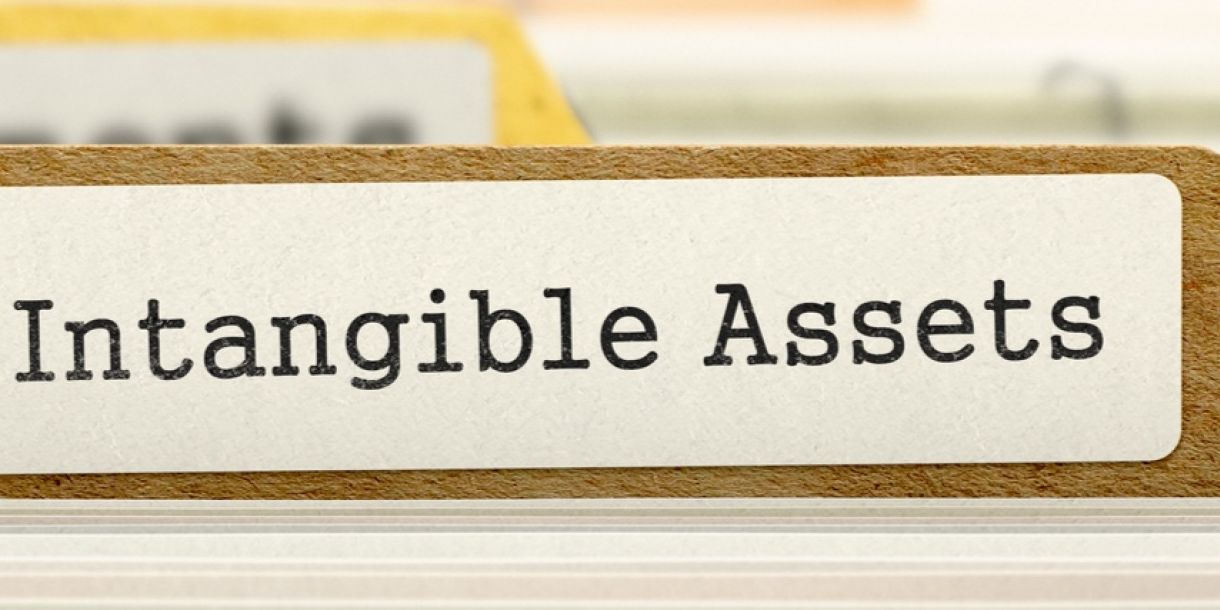Solutions Staffing
Corporate Office
1237 Dublin Rd.
Columbus, OH 43215
Ph. 614-732-5800
Fx. 614-732-5824
Solutions Insights
Why You Need to Hire for Intangibles

Some positions require hiring someone based on what we might describe as “tangibles,” those things that are objective, things that you can measure. You don’t want to hire a tax accountant based on their charming personality alone; it matters that they have the requisite skill sets. Nor do you want to hire a forklift operator on their optimistic belief that they can “drive anything,” something many prospective lift operators have said to us in interviews.
In many cases—maybe even most—the intangibles should play a more significant role in your hiring decisions. When all things are equal, intangibles win. Because intangibles tend to spell the difference between success and failure, we don’t believe the resume is the person.
On Paper
Yogi Berra once said, “In theory, there is no difference between theory and practice—in practice there is.” The same may be said about resumes: In theory, there is no difference in the resume and the person—in practice there is.
Have you ever hired someone who was everything you could want on paper? They had the education, the certifications, and the work history that should have made them the best and safest choice–only to have to remove them and rehire shortly after their start date? You may have asked yourself, “Where was the person from that resume?” If this has happened to you, the mismatch was likely their intangibles.
The intangible include things that don’t show up on a resume but tend to matter a great deal to an employee’s overall success. These are things like character, integrity, attitude, resourcefulness, initiative, willingness to collaborate with others, and ability to fit in with a new team. This list of attributes is not likely to show up on a candidate’s resume, but you will feel them when they are absent. We tend to underestimate the intangibles and things like the cultural fit.
Hire for Intangibles, Train for Skills
At the time this post was written and published, there are now fewer first-time unemployment claims since 1973. As the labor market continues to tighten and over 10,000 baby boomers retire every day, you can expect to hire people with the “tangible” skill sets to be more challenging to acquire and the prospect of hiring people with strong intangibles as a more effective talent acquisition strategy.
For our money, we find that a person with strong intangibles and the potential to acquire the tangibles to be a better bet than someone with strong tangible and weak intangibles. It matters a great deal who you bring onto your team.
When we send you resumes, we’ll include our view the intangibles, so you see what we see during our interviews.